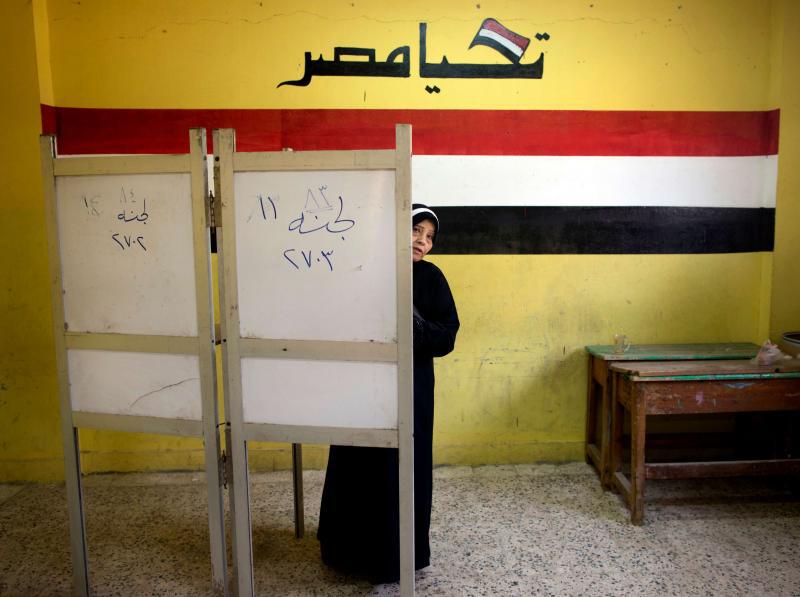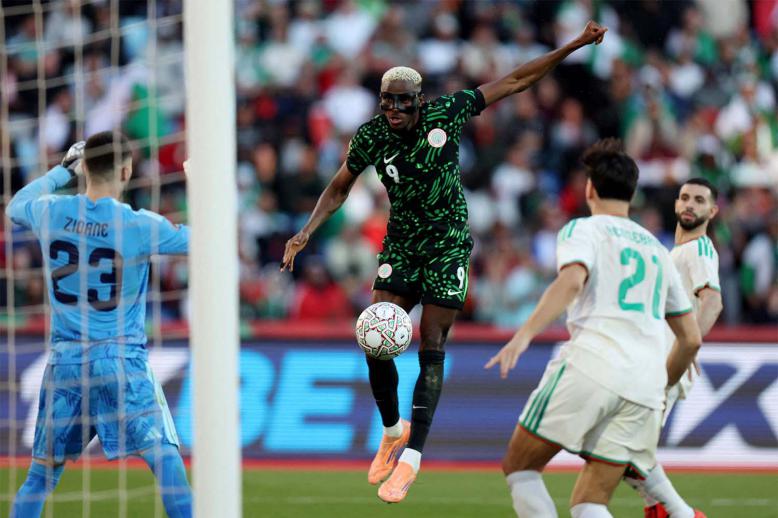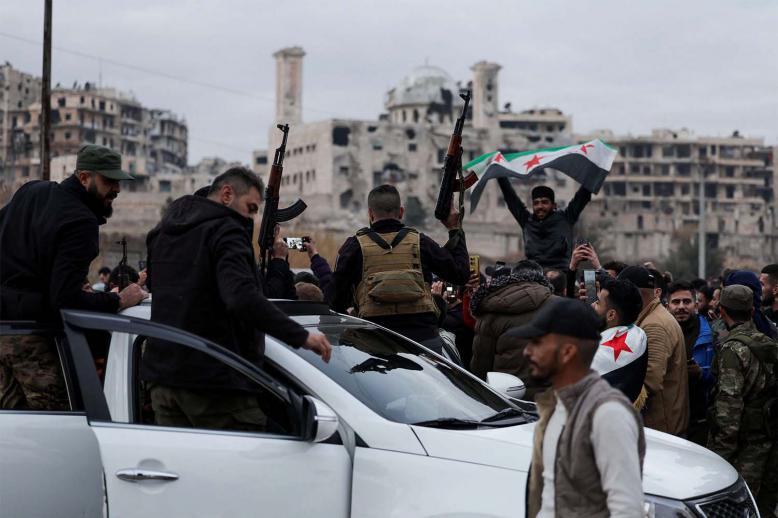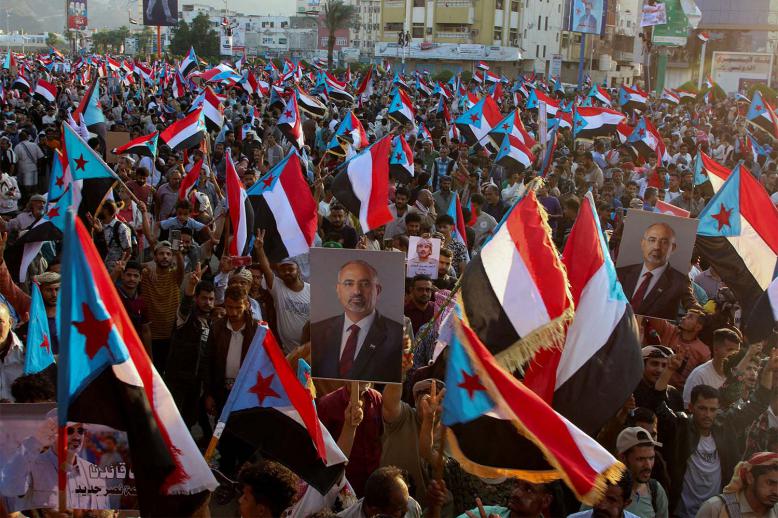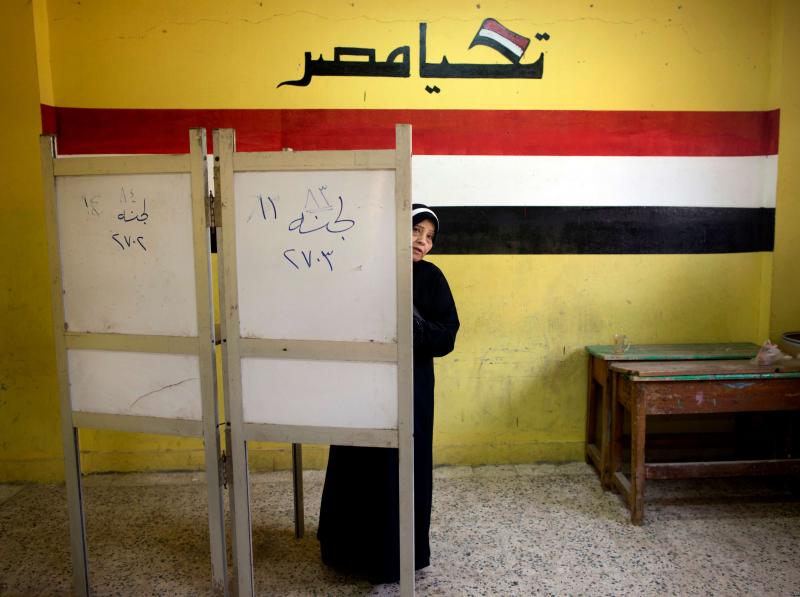Egypt prepares for municipal elections amid fears of Islamist resurgence
Egypt is preparing for municipal elections, which are to take place before the end of the year, amid fears of a return to politics by Islamist forces.
The elections would be the first municipal elections in ten years and the councils formed would operate under a measure being debated in parliament. The new law, lawmakers said, would give municipal councils increased powers and decentralise much of the work being done by Egypt’s powerful governors.
“Giving the municipal councils more powers is necessary if these councils are to be able to do their work,” said MP Ahmed al-Segini, chairman of the Local Administration Committee. “The municipal councils are very important for the government.”
They are also important for Egypt’s political forces. Municipal councils are direct links between the authorities and the general public, which is why Egypt’s political parties are expected to compete strongly for presence on the councils.
The date of the elections is expected to be announced after the Local Administration Committee refers the municipal election bill to a general parliamentary session for a vote. Up for grabs will be 53,000 seats in local councils nationwide.
The drafting of a new municipal council law has stalled since the 2011 revolution. A Muslim Brotherhood-led government sought to draft a new law in 2013 but was unable to complete the process before Islamist President Muhammad Morsi’s ouster.
Former long-time President Hosni Mubarak’s National Democratic Party (NDP) was in control of Egypt’s municipal councils before the 2011 uprising but the party was dissolved after the revolution. In 2013, there had been fears that the Brotherhood’s Freedom and Justice Party would try to similarly monopolise control of Egypt’s municipalities but that party was disbanded in 2014.
Fears of an Islamist political resurgence have resurfaced because of the weakness of Egypt’s secular parties and the gradual return of Islamist politics in the Middle East, including in Tunisia where the Ennahda Movement won a sizeable portion of the vote in the municipal elections May 6.
The secular parties’ weaknesses, observers said, mean the return of Islamist politics is a real possibility. While the Muslim Brotherhood has been outlawed, candidates with Islamist leanings can run as independents and the Salafist Al-Nour Party remains on the political scene.
“Almost all the parties are weak and they cannot compete in an election like this,” said Hussein Abdel Razek, a senior official of the leftist National Progressive Unionist Party (Tagammu). “The political parties do not have enough candidates for all seats in the municipal councils.”
The impotence of the political parties was demonstrated by the failure of most parties to win seats in the 2014 parliamentary elections. Only nine political parties are represented in Egypt’s legislature.
Egypt’s political parties failed to field candidates in the presidential elections in April, with President Abdel Fattah al-Sisi easily beating his only challenger, who was from a minor political party.
The pro-Sisi Egypt Support Coalition, which includes members of seven political parties and controls almost two-thirds of the 596-seat parliament, is expected to win most of the seats in the municipal elections.
The coalition is attempting to form a mega-party. However, despite the Egypt Support Coalition’s expected dominance in the municipal elections, observers express concerns about an Islamist resurgence.
“The expected merger is a real hope that the non-religious forces can dominate the vote,” Abdel Razek said.
However, recent domestic developments mean the pro-Sisi coalition will face a tough election test.
A package of economic reforms initiated by Sisi is rescuing the economy, raising foreign currency reserves at the central bank, increasing exports and reducing imports. However, the same reforms, which included a massive subsidy cut, have meant short-term economic difficulties for millions of Egyptians.
Although the Muslim Brotherhood was outlawed in late 2014, many people expect the Islamist organisation to field candidates in the municipal elections with no historic ties to the group.
The Brotherhood, which won the majority of the vote in the 2012 parliamentary elections and won the subsequent presidential elections, has been subjected to a ruthless crackdown by authorities since mid-2013 for alleged involvement in terrorist attacks.
This article was originally published in The Arab Weekly.


